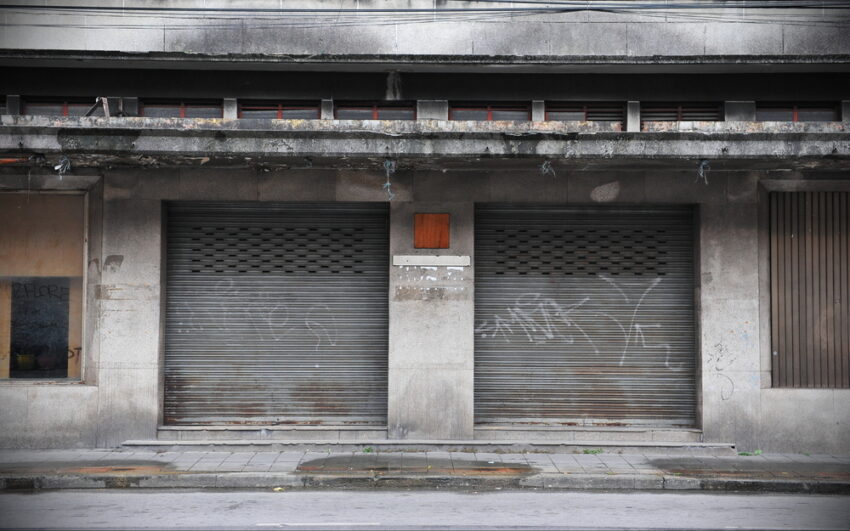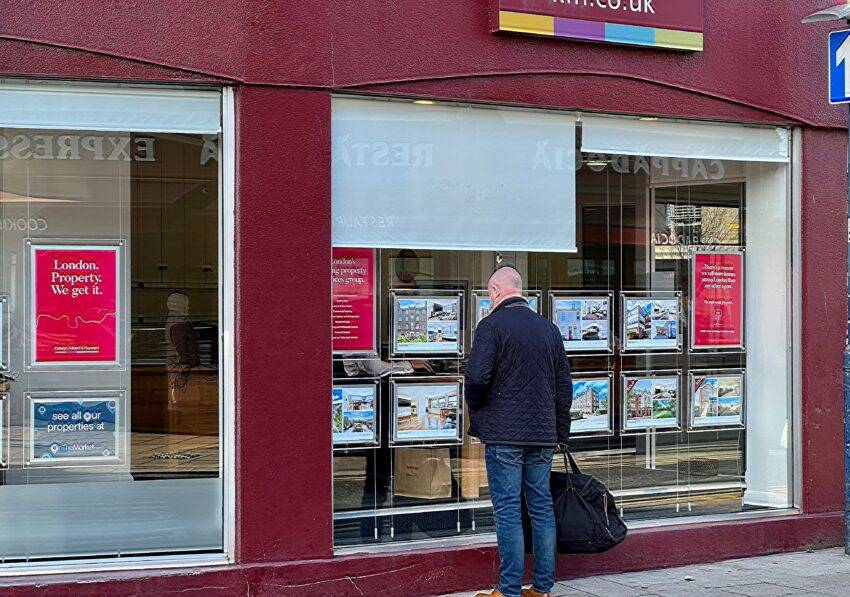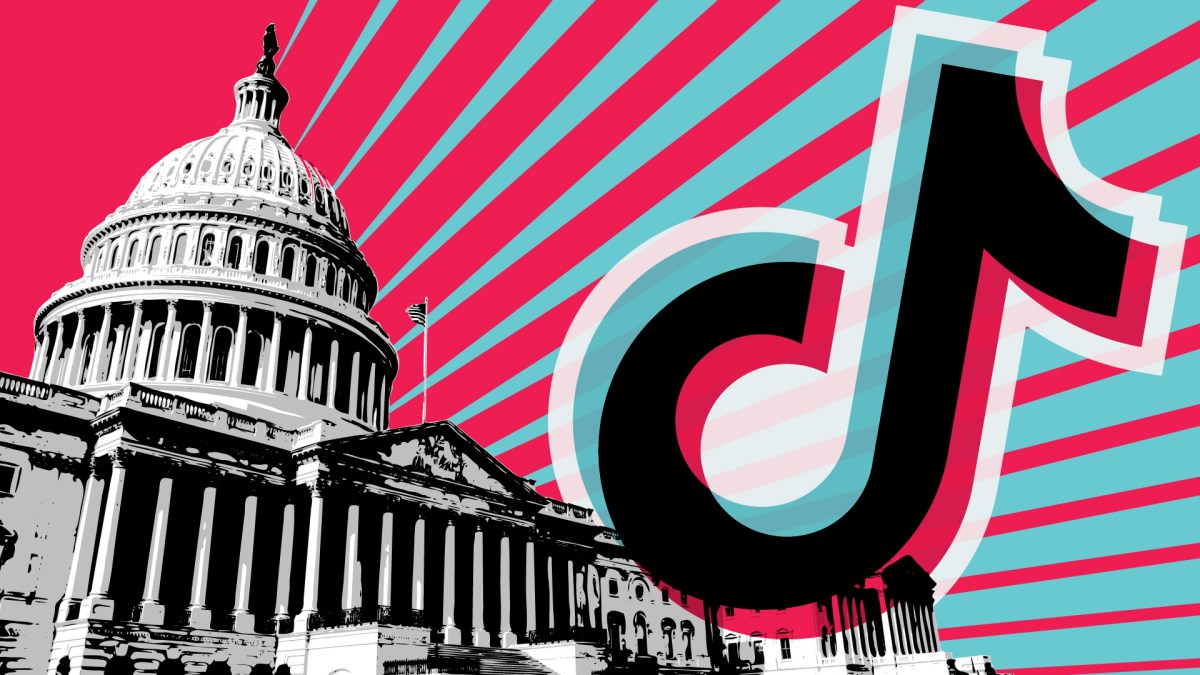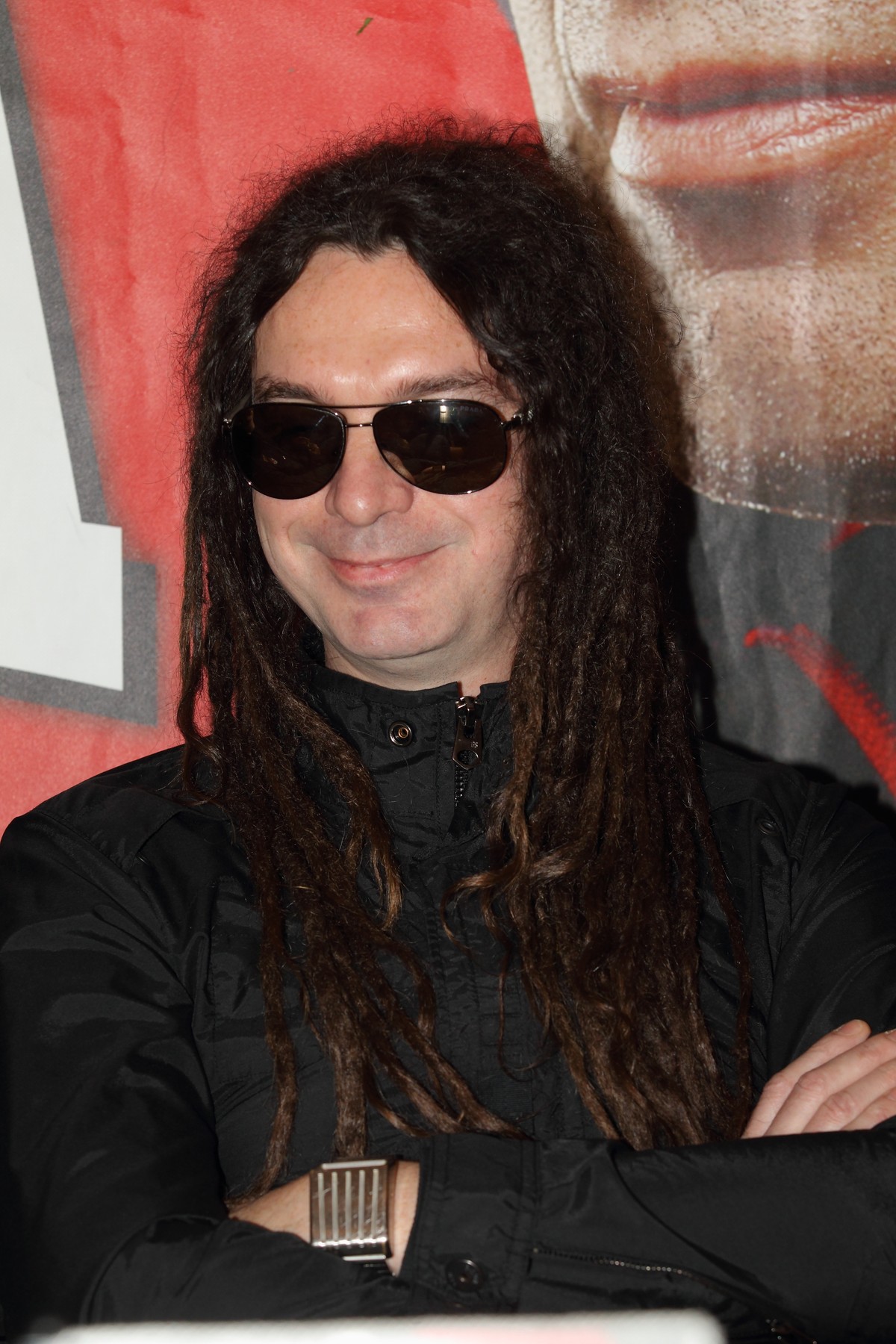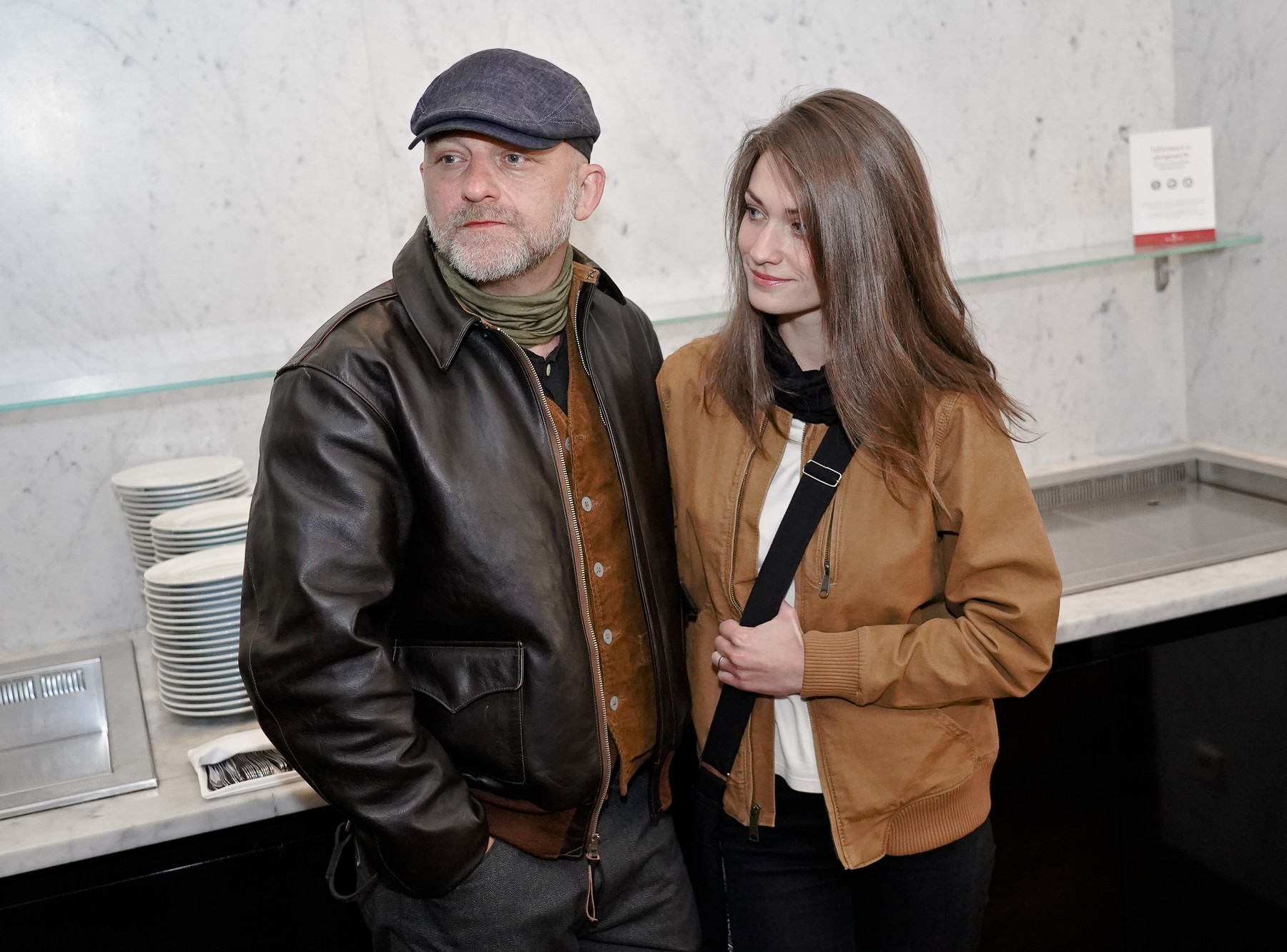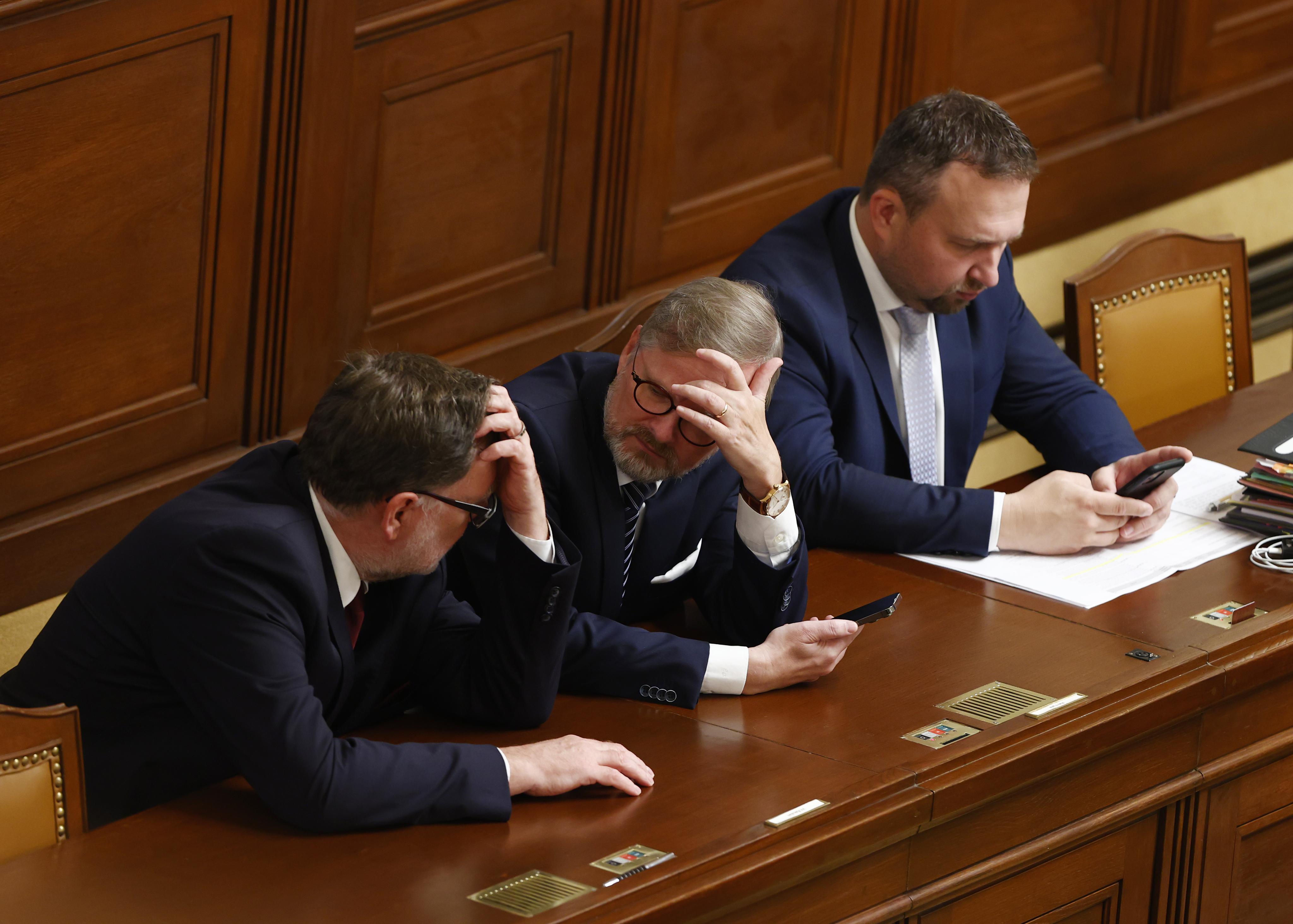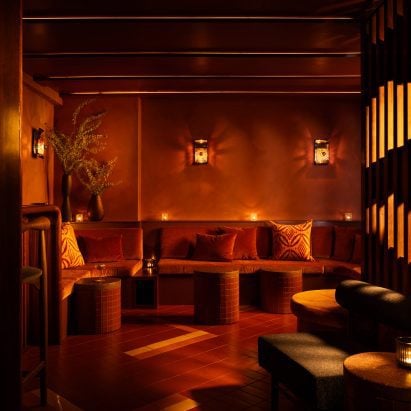EU visitor centers under scrutiny over spiraling costs and sparse attendance
European Parliament’s top bureaucrat called for a review of the project “to assess the causes of the poorer performance."
The European Parliament is rethinking an ambitious project to establish EU-themed spaces across all 27 member states because of soaring costs and lackluster visitor numbers.
The Europa Experience initiative was designed to promote the EU’s role in citizens’ lives through interactive exhibitions and high-tech displays, aiming to replicate the success of the Parlamentarium in Brussels by creating similar centers in each EU country.
But the plan has been beset by delays, budget overruns and questions over its value for money, Brussels Playbook has learned. Just 15 of the proposed 27 centers have been completed after an initial investment of around €110 million, with additional annual operating costs as high as €3 million at some sites.
Parliament’s Secretary-General Alessandro Chiocchetti called for a review of the project “to assess the causes of the poorer performance of some centers and address these before potentially replicating shortcomings in other centers,” in a note to senior Members of the European Parliament (MEPs) last month.
Since the project began, the total footfall across all centers has reached 3.5 million, but some sites have been more popular than others.
At Copenhagen’s Europa Experience, fewer than 9,000 visitors came through the doors in 2023, costing taxpayers €46 per person, while in Paris — where the museum is located in the exclusive Madeleine district — just over 32,000 attended, at a cost per visitor of €92.
By contrast, the Strasbourg site received over 335,000 visitors in 2023, costing just €4 per visitor. Berlin, the first Europa Experience outside Brussels, welcomed nearly 100,000 visitors last year, costing €10 each.
Plans to build Europa Experiences in five additional cities — Munich, Marseille, Milan, Barcelona and Wrocław — approved by MEPs in 2021 have yet to materialize and their future now hangs in the balance.
The expense of securing prime properties in Europe’s capitals has intensified scrutiny, with the EU spending €13.4 million on a Dublin location and almost €7 million on a “House of Europe” in Bratislava.
Chiocchetti has signaled a broader shift in the Parliament’s spending priorities, aiming to redirect the €2 billion annual budget toward legislative work and oversight of the European Commission with cuts to large directorate generals for innovation and tech support and communication.
The Parliament’s press office said the Europa Experience centers aim to “introduce European democracy to visitors and citizens in Member States.” A mid-term review is currently underway, with “potential improvements” being considered, it added.
What's Your Reaction?


















